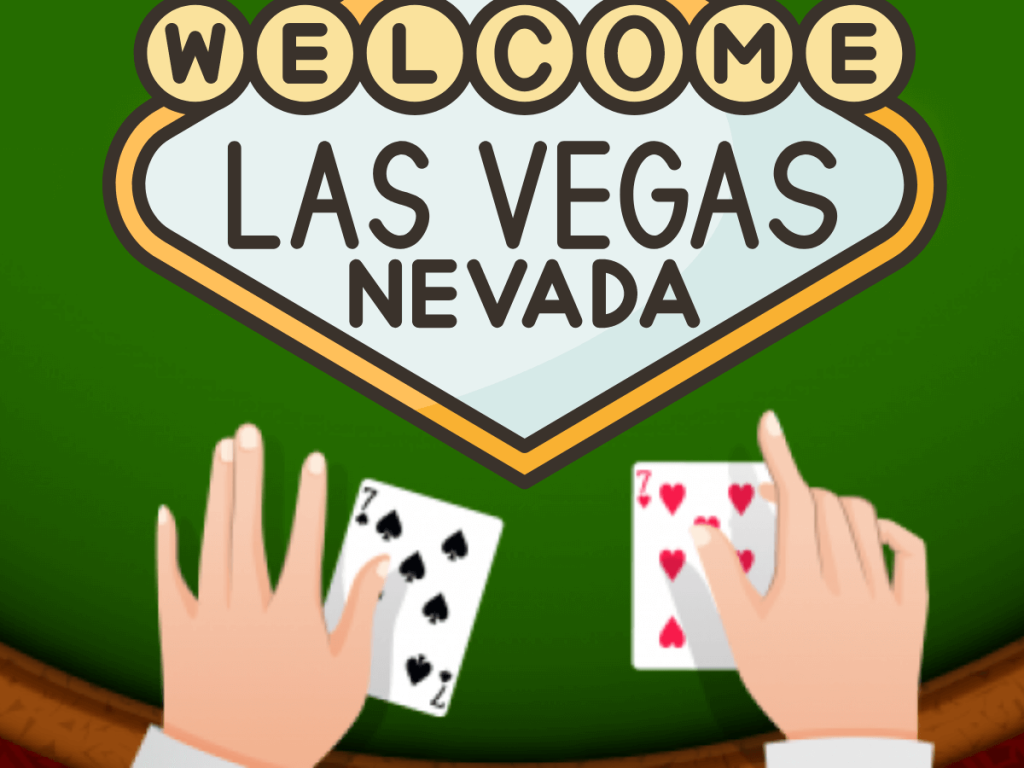
When to split 7s in Blackjack is a simple question with many variations on this topic. The answer depends on several factors such as:
- the dealer’s count (how many decks they are using)
- whether or not they have a soft 17
- the player’s total bet size, etc.
The decision to split comes from a combination of math and psychology. If you’re playing against another person, then you want to maximize your chances of winning. For example, if you’ve got a pair of tens and the dealer has a nine showing, then you would probably want to double down instead of splitting because the dealer only has two cards left to hit.
For example, you can play blackjack in legal online casinos in Canada. Everything is quite simple. You just go to the site, register and in a couple of minutes you can already play your favorite game.
On the other hand, if you’re playing heads-up against AI software, splitting is usually the better strategy. Let’s take a look at why you may want to split.
Splitting is often recommended as a way to increase your odds of winning. But sometimes this becomes counterproductive. Splitting too early can hurt your bankroll, especially if the dealer hits immediately after your split. And even though splitting doesn’t affect the house edge, you’re also taking a risk of overplaying your hand. So, if you’d rather minimize your losses, consider waiting until you see the dealer’s next card.
When Should You Split a Pair of 7s?
If you find yourself in a situation where you need to decide whether to split or double down, it may help to think of the game as one that consists of three distinct stages: pre-deal, deal, and post-deal. At each stage, your goal is to make sure your probability of winning is maximized.
As mentioned earlier, splitting is generally considered a good play. However, in certain situations, splitting can be detrimental. It might seem intuitive that doubling down would be a safer option, but it’s important to understand what will happen during each stage of the game.
Deals Stage: During the Deal
Here, you have an opportunity to gain additional value by being strategic. After the dealer’s initial hit, you’ll either win more than you expected or lose less than you wanted. If you’ve been playing correctly up until this point, you should have enough information to predict how the rest of the deck will unfold.
For example, if a ten shows, but no eleven does, you probably know that the dealer is going to bust. Similarly, if you see a flop containing five hearts, you can likely assume that the player who is betting currently has a pocket jack.
The key thing to remember here is that it’s not always easy to figure out which cards are coming up next. Depending on the size of your stack, you may want to wait before deciding whether to double down or split. Consider that the dealer’s turn usually comes right after yours, so you don’t have much time to think about your decision.
Bottom Line
When to split 7s in blackjack may be tricky if you are a newbie to the game. However, once you learn how to recognize basic patterns and know when to act quickly, you’ll begin to develop the intuition required to succeed.